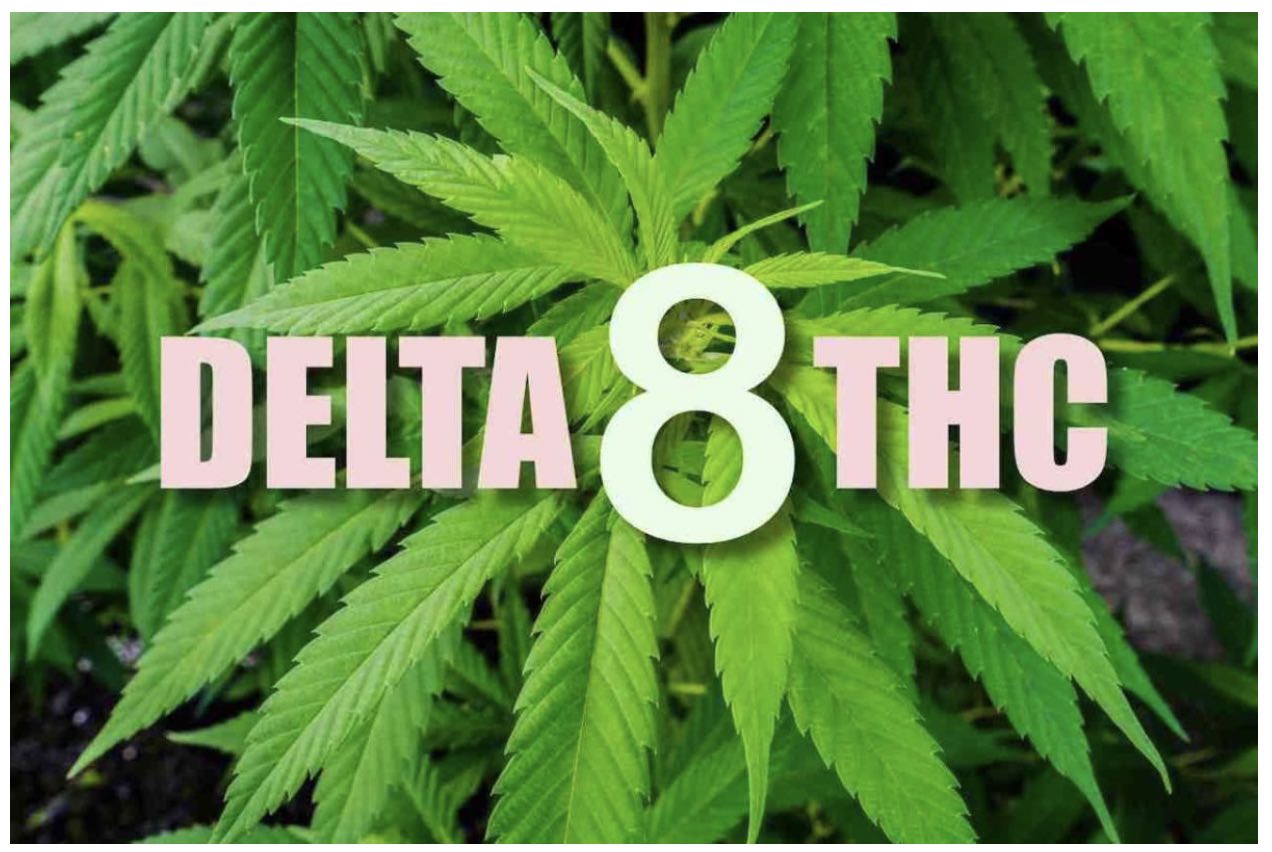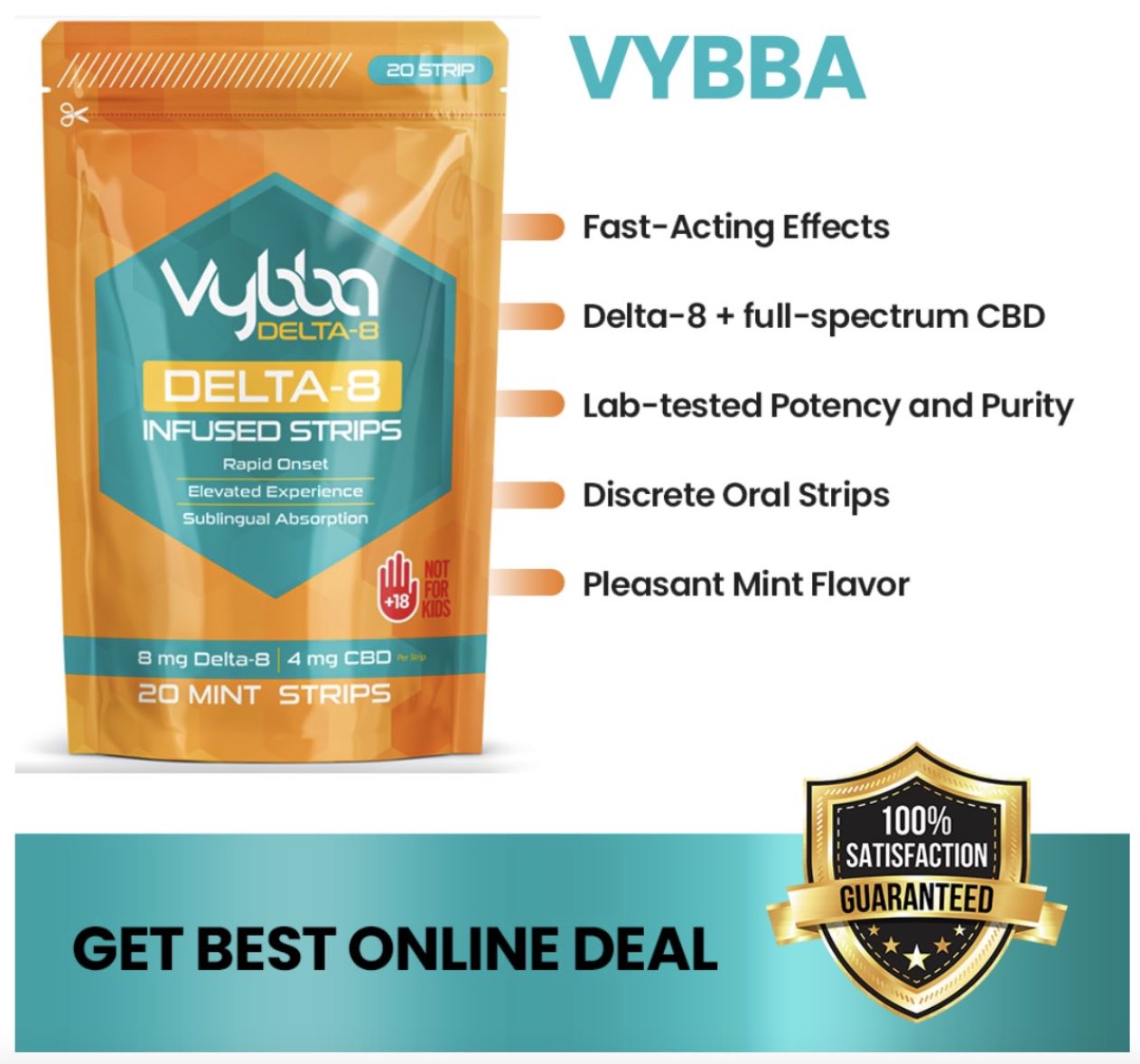
The whole world knows about the psychoactive cannabinoid tetrahydrocannabinol (THC) which, over the years, has earned a reputation for inducing a “high” in users. The rise of legalization of recreational marijuana in many states has only added to the familiarity of traditional THC among the public. However, following the passing of the 2018 Farm Bill, Delta-8 – a naturally occurring hemp-derived cannabis compound – is gradually stealing the limelight.
Delta-8 is an isomer of delta-9-THC — a potential “younger brother” of the most commonly known (and potent) type of THC. Since Delta-8 is derived from hemp, it is not prohibited under federal law. This cannabinoid’s legality contributed to the 144% sales growth between April 2020 and April 2021. 2022 is shaping up to have an even larger increase in Delta-8 sales.
The Biological Composition of Delta-8 Differs from Delta-9
From a biological point of view, delta-8 THC and delta-9 THC are distinct from one another due to the double bind location in their molecular chain. Although it is still technically recognized as a psychoactive compound, delta-8 binds much more “loosely” to cannabinoid receptors in the body. Due to this lower affinity for our body’s natural endocannabinoid system, Delta-8 tends to have more muted effects when taken by the majority of people.
Additionally, delta-8 is more widely available across numerous CBD-friendly channels, particularly online, but also in some vape stores and specialty shops. The increased popularity of Delta-8 even in states where recreational marijuana is already legal demonstrates why the cannabinoid is also attracting attention from THC-loving consumers looking for a “daily use” alternative for relaxation and mood boosting. An even greater surge in Delta-8 sales have occurred in states that don’t yet have legal adult-use cannabis markets.
Delta-8 Effects are Slightly Different From Those Produced by Delta-9 THC
While Delta-8’s effects on mood, creativity, enjoyment of activities, and overall “mellowing” qualities at first glance seem identical to why Delta-9 THC has always been popular, there are some subtle differences.
First off, the “strength” of Delta-8 is widely considered to be less powerful than Delta-9. For this reason, many users of both cannabinoids will refer to Delta-8 as “weed-lite” or even “diet weed”.
The differences between the two cannabinoids extend far beyond just potency and federal legality, however. Let’s take a look at some of the other differences between these two cannabinoid cousins:
Delta-8 THC is Less Potent than Delta-9 THC
It’s not just the relaxation, pain relief, and anxiety relief that makes Delta-8 an attractive choice for consumers over Delta-9 but also, the fact that the “hemp extract” is much less potent in terms of psychoactivity. All federally legal hemp extracts contain less than 0.3% THC and this pediatric study indicates that potency of Delta-8 is 50% lower than Delta-9.
Delta-9 Has More Side Effects
A PubMed study confirmed that “Delta(9)-THC may induce unpleasant reactions such as disconnected thoughts, panic reactions, disturbing changes in perception, delusions and hallucinatory experiences.” These unwanted side effects can be off-putting for people who are required to operate heavy machinery and remain focused on a day-to-day basis, whether it is inside or outside of the workplace. However, Delta-8 bonds to the eighth, as opposed to the ninth, carbon chain. This means that the psychic intensity is reduced for Delta-8 consumers, leaving them more clear-headed and able to focus.
Delta-8 Has a Slower Onset Time
Delta-8 releases its effects slowly and steadily, whereas Delta-9 is renowned for its speedy onset time. Then again, the amount of time it takes for THC to get into action depends on your method of consumption. For example, if you are ingesting Delta-8 in the form of an edible, it may take 60-90 minutes before the body can absorb and digest the cannabinoid; the effects usually last 3-8 hours with this method of consumption. Conversely, with vaping or smoking, most users claim that they can feel the effects almost instantly. Since Delta-8 is an extract, not a strain of flower, this method of ingesting is limited to either vape liquids, or CBD flower that has been sprayed with Delta-8 oil.
Our Top Pick of Delta-8 Products
In a world overflowing with Delta-8 THC brands and products, many users reported Vybba as an effective way to experience first-hand the effects of Delta-8. Vybba is a dissolvable strip, similar to breath freshening strips, that delivers a moderate dose of Delta-8 along with full-spectrum CBD in a tasty mint package. It absorbs faster than any other edible we found, owing this speed largely to its sublingual absorption under the tongue. It’s been recognized by many as a popular choice for both new users and experienced tokers looking for a Delta-9 alternative. You can order it directly at Vybba.com, or read more about it from these news publications. 
Advertising disclosure: We may receive compensation for some of the links in our stories. Thank you for supporting LA Weekly and our advertisers.
